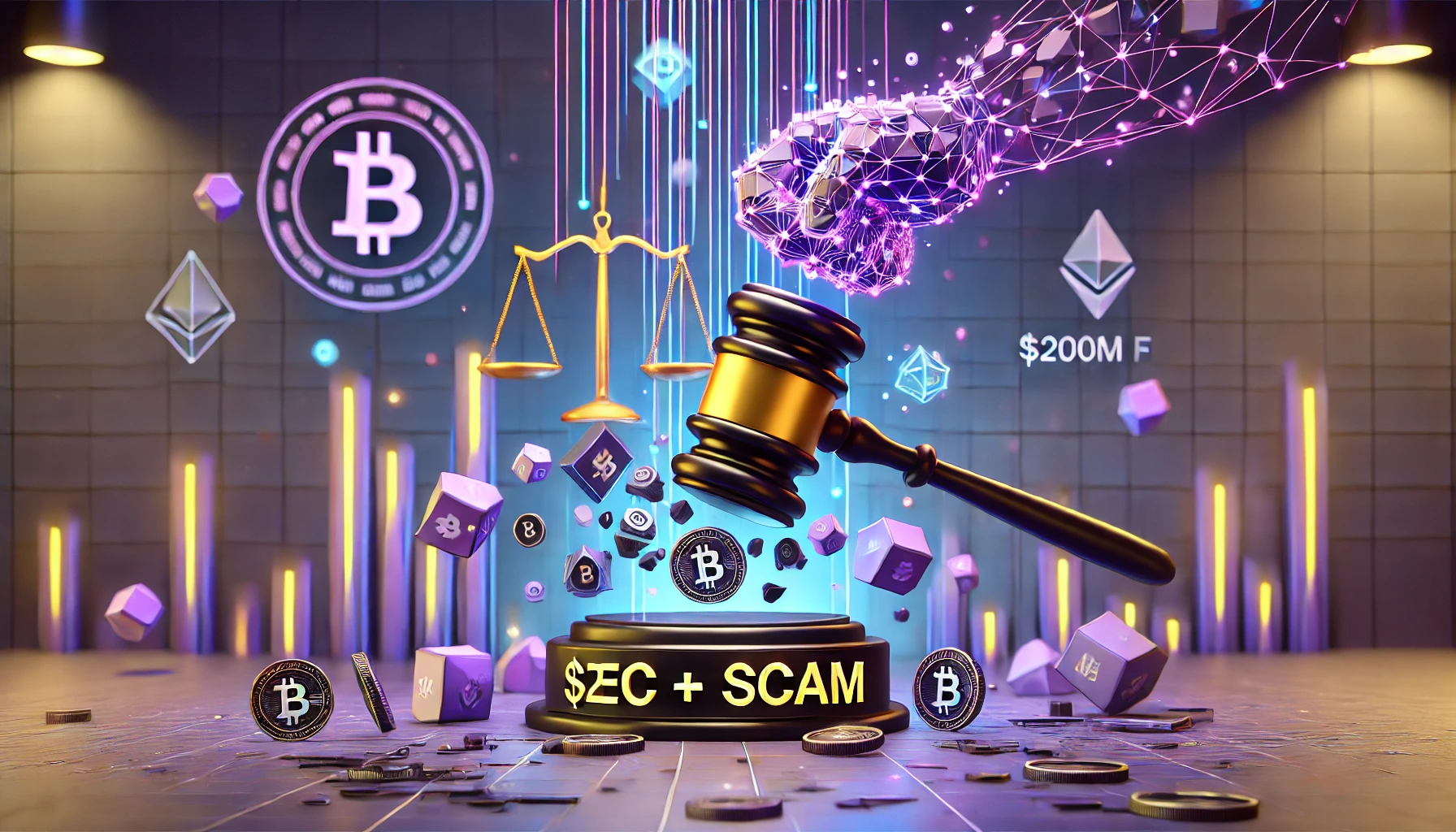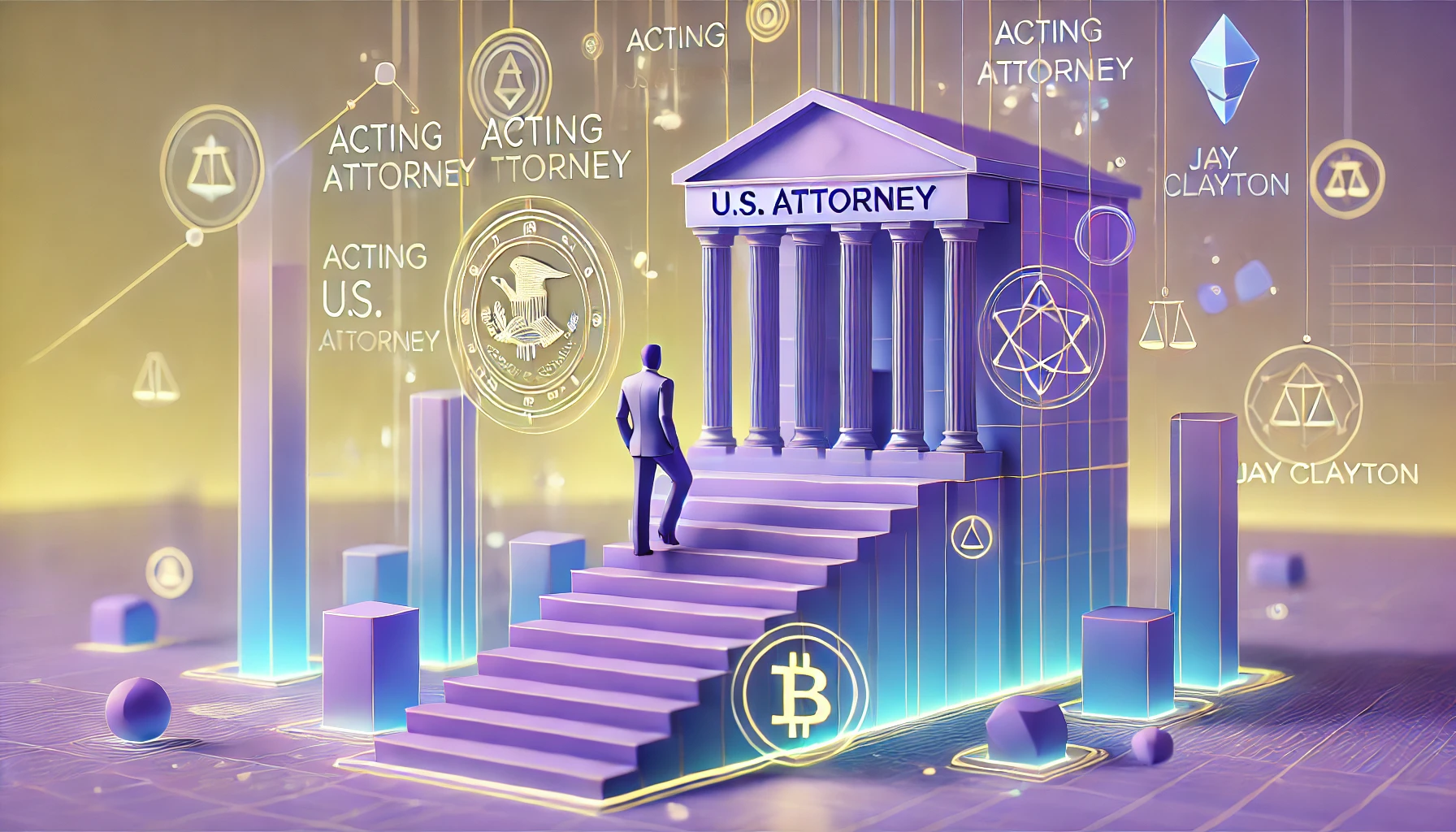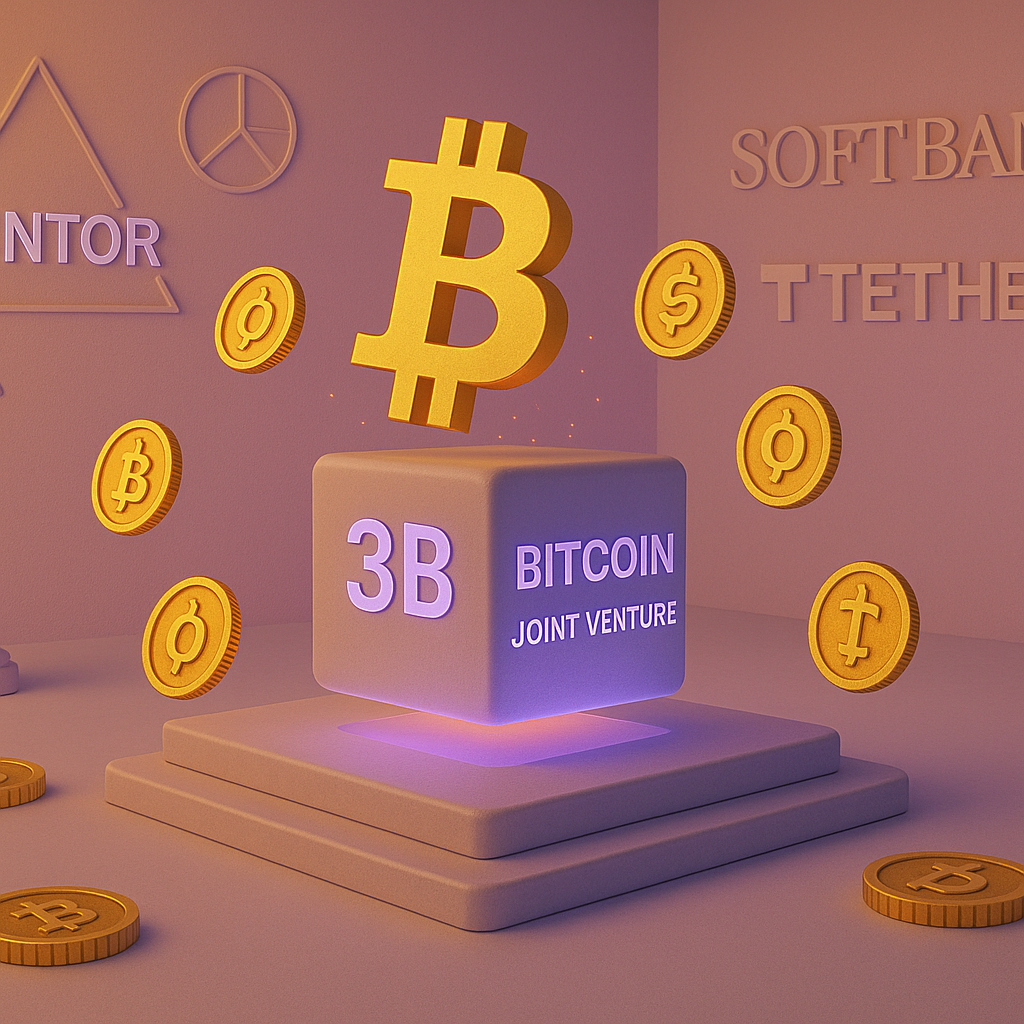In the tumultuous world of cryptocurrencies, legal battles are common, and the case involving Justin Sun, the founder of TRON, is a striking example. Recently, a judge rejected a motion by the U.S. Securities and Exchange Commission (SEC), marking a small victory for Sun in its fight against fraud charges.
Context of the Case
The confrontation between Sun and the SEC began in 2023, when the agency accused Sun of fraudulent activities related to the sale of unregistered securities. The allegations related to misleading marketing practices and the use of investor funds for personal purposes. In response, Sun challenged the charges, arguing that the SEC’s actions were baseless and that TRON’s proceeds should not be considered securities. The judge’s rejection of the SEC’s motion represents a potential turning point in this case, providing an opportunity for Sun to defend its position and clarify TRON’s legal status.
Implications of the Decision
The judge’s decision to reject the SEC’s motion could have significant implications not only for Justin Sun, but also for the entire cryptocurrency ecosystem. Indeed, this victory could encourage other cryptocurrency projects to challenge the SEC’s actions, paving the way for broader debates on digital asset regulation. Also, if Sun can prove that TRON is not a security, it could set a legal precedent that would influence how other cryptocurrencies are classified and regulated in the future.














